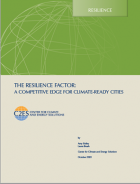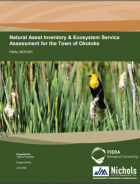Building Resilience: National Planning Conference
June 17 – 20, 2017
Alberta Professional Planners Institute & Canadian Institute of Planners.
Calgary, Alberta
Our cities, towns, and communities are facing a growing number of changes. From understanding new environmental concerns to responding to shifts in demographics and our globalizing local economies, planners and their colleagues are navigating new realities of what ‘building resilience’ means.
The 2017 Annual Conference aims to support those engaged with building resiliency through an engaging, collaborative, and thought provoking forum to explore this critical aspect of our shared futures. From celebrating successes, to sharing key learnings, to highlighting emerging research and best practices, this conference brings practitioners, policy makers, community leaders, students, and others with an interest in community and regional planning, together in thoughtful dialogue.
Monday, July 19, 2017
{C}
{C}
{C} {C}Short Sessions
Implementing the UN New Urban Agenda in Canada: Issues, Opportunities and Responsibilities (SS-20)
Robert Catherall, Master’s Student, School of Community and Regional Planning, University of British Columbia “Permanently Temporary: the Rise of Precarious Work in Canada”
Penny Gurstein, Director, School of Community and Regional Planning, UBC, “SCARP at Habitat III Conference in Quito” (awaiting approval)
Stuart Hamre, University of British Columbia “Right to the City”
Elizabeth Ballantyne, Doctoral Student, School of Community and Regional Planning, University of British Columbia, “A National Urban Policy? Implementing the New Urban Agenda in Canada” (awaiting approval)
Anna Zhuo, Master's Student, UBC School of Community and Regional Planning “Urban-Rural Boundaries and Linkages: Toward an Environmentally Sustainable and Resilient Future”
Last October, United Nations member nations, including Canada, adopted the New Urban Agenda (NUA) at the Habitat III Quito conference. Reflecting broad input from many groups including planning associations, the NUA is a collective vision and a political commitment to sustainable urban development of socially inclusive, economically prosperous, and environmentally resilient cities. The panel will engage the planning community in discussion of how this powerful, international aspirational document can be used to advance planning in Canada. Presentations will focus on potential implementation strategies, including: a national urban policy, housing as a human right, ecosystem thinking, improving precarious and informal work environments, strengthening citizen participation, and the ‘right to the city.’





